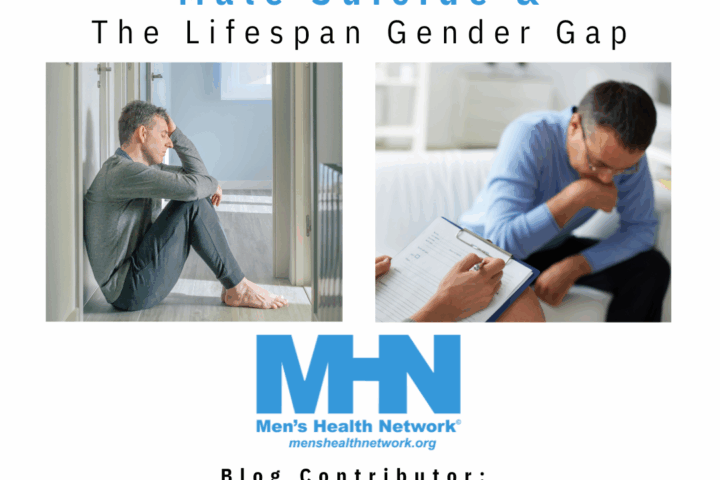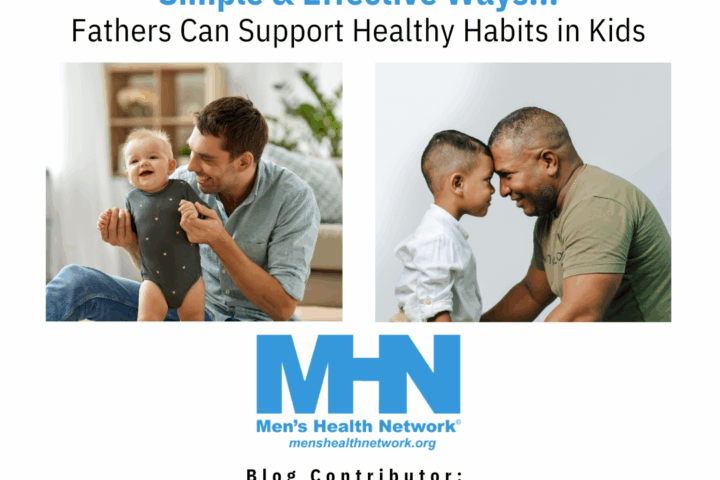A new research project will examine ways that healthcare providers can intervene to prevent suicide in adolescents and adults, the Patient Centered Outcomes Research Institute (PCORI) announced. PCORI is funding the study.
The project, now in its earliest stages, will randomly assign eight emergency departments and 22 primary care clinics in an Idaho health care system to provide either “safety planning” or “safety planning with follow-up support.”
The research team will recruit 1,460 adults and adolescents who report having low, moderate, or high suicide risk for the study.
In safety planning, patients and their healthcare providers work together to spot warning signs of suicide. They also work to identify:
- Coping strategies
- People and social settings that can be used for support and distraction
- Professional help
- Access to anything a patient may use to harm themselves
In safety planning plus follow-up support, support from a suicide prevention hotline includes at least one phone call from a suicide prevention specialist within 24 hours of discharge. Patients also receive 25 supportive text messages over the course of a year.
The research team will compare outcomes between the safety planning and safety planning plus follow-up support groups. The team also wants to see if outcomes differ for adolescents compared with adults. Finally, the team will study participants and clinicians how well safety planning or safety planning plus follow-up works for them.
Patients who have attempted suicide or who are close to someone who has died from suicide are giving input on the study. Healthcare providers, suicide prevention hotline specialists, and mental health providers are also helping to develop and carry out the study.
The project will continue until August 2024, but initial outcome results should be revealed in about a year, researchers said. Anna K. Radin, DrPH, MPH, is the principal investigator for the project.
Suicide prevention is an important issue for men. In 2007, suicide accounted for 18.4 percent of all men’s deaths, according to a report from the National Vital Statistics System and the Centers for Disease Control and Prevention. Men’s Health Network has a variety of resources related to suicide prevention, including a flyer on PTSD for veterans and those who love them.
Men’s Health Network has also expressed support for the creation of a national “988” shorthand number as a mental health crisis number.
Men’s Health Network has a strong focus on mental health, making mental health awareness a key issue in Men’s Health Month each June and producing a number of publications on mental health and suicide that feature the existing suicide hotline, such as Your Head, An Owner’s Manual
MHN’s work has continued with an ongoing series of dialogues on men’s health funded in part by the Patient-Centered Outcomes Research Institute (PCORI) and a series of Congressional Briefings in collaboration with the Congressional Men’s Health Caucus. This work emphasizes the immediate need for quick and easy access for help for those in distress.




